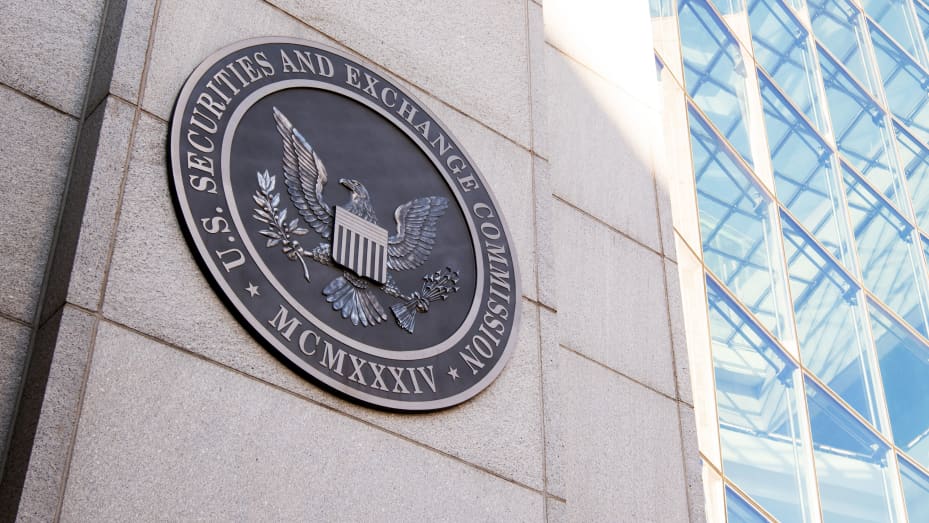
In a recent legal development, Eeon’s request for intervention in the case brought before the US District Court for the Southern District of New York has encountered objections from both the Securities and Exchange Commission (SEC) and Binance. The objections are rooted in the assertion that Eeon failed to meet the necessary legal requirements for such intervention and consent.
Eeon, a party seeking to intervene in an ongoing legal proceeding, presented their case to the US District Court for the Southern District of New York. Their intent was to be recognized as an intervening party in the matter at hand. However, this move was met with resistance from two significant entities in the legal arena—SEC and Binance.
The SEC, a regulatory body overseeing the securities industry, expressed its objection to Eeon’s intervention request. The basis of their objection lies in the belief that Eeon did not fulfill the essential legal prerequisites required for intervention in the ongoing case. The SEC, being an influential authority in matters of securities regulation, holds a considerable stake in the proceedings and aims to uphold the legal standards set forth in such cases.
On a parallel front, Binance, a prominent cryptocurrency exchange platform, also opposed Eeon’s request for intervention. Binance contended that Eeon’s application did not meet the requisite legal criteria needed for intervention and consent in the ongoing proceedings. Given the evolving landscape of cryptocurrency and its regulatory nuances, Binance’s objection emphasizes the significance of adhering to established legal frameworks in this domain.
The objections put forth by both the SEC and Binance underscore the critical importance of adhering to legal standards and meeting the necessary requirements for intervention in a legal case. As the case continues to unfold in the US District Court for the Southern District of New York, the decisions and arguments presented by all parties involved will undoubtedly shape the trajectory of the proceedings and potentially set legal precedents for future cases within this evolving legal landscape.